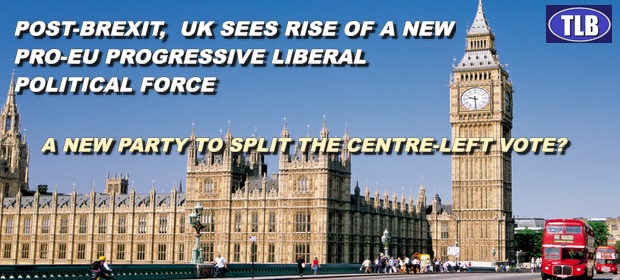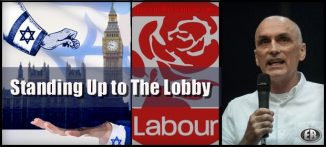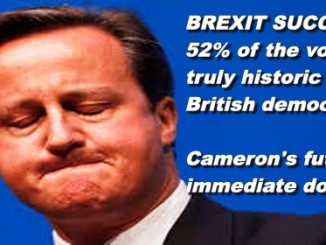
The cross-party initiative has the support of Lord Ashdown, Jonathon Porritt and Caroline Criado-Perez, and is looking at fielding candidates in the next general election
By Patrick Wintour and Rowena Mason
A new cross-party movement for progressive liberalism that could endorse candidates in favour of the EU and immigration at the next election is being set up by politicians, celebrities and intellectuals.
The initiative has the support of Jonathon Porritt, the environmentalist, Caroline Criado-Perez, the feminist writer, and Luke Pritchard from the band Kooks, as a space for people who want a voice for openness and tolerance.
It also has the backing of Lord Ashdown, the former Liberal Democrat leader who was a key figure in the Lib-Lab discussions of the 1990s, and has been discussed across party lines at Westminster.
The initiative is not a political party, nor an attempt to create a new centrist one on the model of the SDP in the 1980s. But if the movement were to succeed in attracting subscribers to a website, it could intervene in politics by recommending specific candidates at the next election.
It does not yet have a name, but the initiative is expected to take up the theme of “more in common” – the phrase associated with the murdered Labour MP Jo Cox, whose husband, Brendan Cox, is aware of the project.

murdered Labour MP, Jo Cox
The proposal is one of many ideas floating on the centre-left in the wake of the EU referendum and will be formally launched within a week. It is likely to support a second endorsement of Britain’s exit from the European Union if circumstances required or permitted, as well as welcoming immigration and globalisation, a green economy, modern democracy that empowers citizens and a fair economy that seeks to narrow the gap between rich and poor.
It is understood a collection of convenors would seek to give the initiative political direction and oversee the gathering of names though to mid-September. Sources involved in setting up the movement stressed it would be a gathering point, and would not seeking to stand candidates at elections, but if as many as 200,000 were prepared to sign up, a new centre-left force could be formed that could endorse a specific existing party candidate at as many as 50 seats at the election.
If two candidates from rival parties were standing and both subscribed to the more in common principles, local members would decide the candidate to support. No one would be required to leave their existing party, but would in principle be agreeing to co-operate across party lines.
The idea has been discussed across party lines at Westminster, including by the Liberal Democrat leader, Tim Farron. He has spoken more generally about the possibility of forming a new centre-left party but no concrete moves have yet been made towards this and most Labour MPs are strongly opposed to any sort of breakaway.
Although the Liberal Democrats currently only have eight MPs, the party’s membership has risen by as much as 15,000 since the Brexit vote and it is doing well in the local elections. But even the Lib Dems’ most enthusiastic supporters recognise that it will be a long road back after the crushing rebuff of the 2015 election, and Farron may find key figures in his party oppose any cross party cooperation that risks obscuring its identity.
The initiative is also likely to be viewed with suspicion by supporters of Jeremy Corbyn, as a sign that his opponents are not loyal to Labour. There were reports in the Mail on Sunday at the weekend that senior Lib Dems were in talks with Labour MPs about the possibility of a new party. However, one of those named, Stephen Kinnock, the Labour MP has already issued a statement saying that he is not cooperating in any plan designed to split Labour.
He said: “There can be no question of any split in the Labour party. Its values and purpose are in my blood and I am striving to ensure we we have a leader who is a persuader not just a protestor. Electoral reform and safeguarding the interests of our country are common purposes among people in all parties, and I am happy to be part of that.”
************
ER recommends other articles by the Guardian




